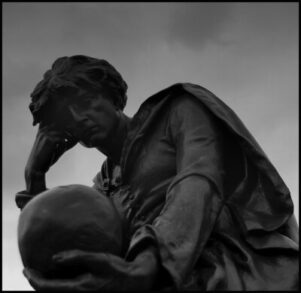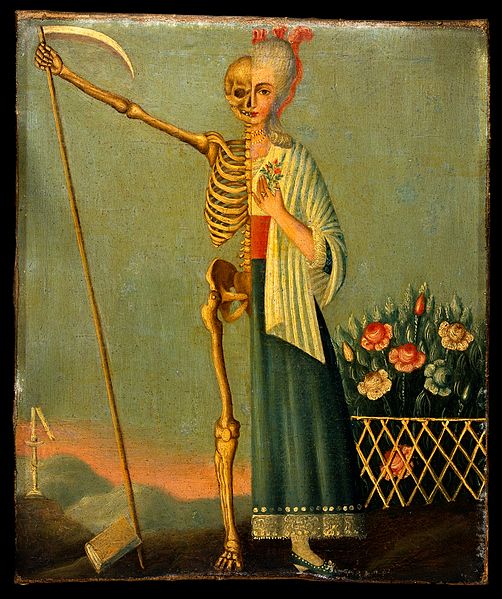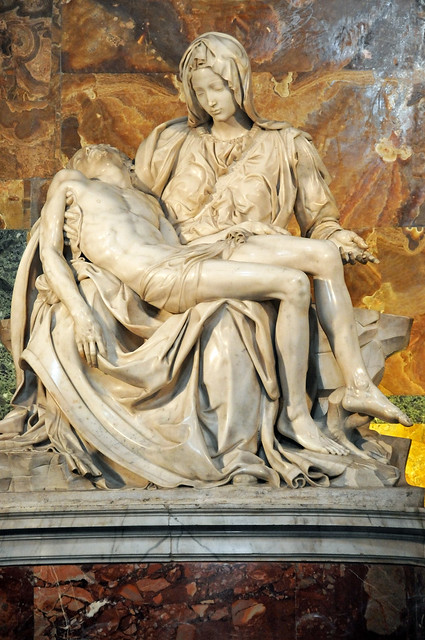‘To be or not to be’ Today
Article By Ana Luisa Lellis
 ‘To be or not to be, that is the question’. How many times have we heard, seen, or read this sentence? From Laurence Olivier to Bugs Bunny, so many have tried their hand at interpreting what is quite possibly the most famous soliloquy in literature. Hamlet’s themes, characters, and iconic lines have permeated various forms of art and entertainment, and yet we still must ask ourselves if we really understand the meaning behind those words and the reason why they stuck so deeply, so stubbornly, in the back of our minds.
‘To be or not to be, that is the question’. How many times have we heard, seen, or read this sentence? From Laurence Olivier to Bugs Bunny, so many have tried their hand at interpreting what is quite possibly the most famous soliloquy in literature. Hamlet’s themes, characters, and iconic lines have permeated various forms of art and entertainment, and yet we still must ask ourselves if we really understand the meaning behind those words and the reason why they stuck so deeply, so stubbornly, in the back of our minds.
When the prince of Denmark asks The question, he’s thinking about life and death and pondering a state of being versus a state of not being. This simple question about human existence goes directly to the heart of the play’s meaning.
Shakespeare’s tragedy follows Prince Hamlet’s quest for revenge against his uncle Claudius, who murdered the king and seized the throne. Throughout the story, Hamlet makes excuses for not killing his uncle and turns away when he has the chance – ‘Conscience does make cowards of us all.’ The soliloquy happens in Act III, Scene I, when Hamlet has to decide what to do after discovering who’s responsible for murdering his father. Convention demands that he kill Claudius, but this would make him a murderer as well and that conflict is the core of the play.
In essence, the soliloquy “To be or not to be” encapsulates the fundamental question of whether it is nobler to endure the troubles of life or to seek release from them. Hamlet considers the various pains that human beings face, such as the injustices of the world, the disappointments of life: “the whips and scorns of time, the oppressor’s wrong, the proud man’s contumely, the pangs of despised love, the law’s delay, the insolence of office and the spurns that patient merit of the unworthy takes.” With this, he ponders the value of life and questions whether it is better to endure the pain and suffering of existence or to escape it through death.
Hamlet’s introspective musings reveal his deep melancholy and his philosophical nature, it’s not that he’s contemplating suicide as much as reflecting on life, and the meaning of being. By the end of the soliloquy, Hamlet decides that too much reflection is what would prevent the action he has to rise to.
In simple terms, Hamlet knows he has to act against his uncle’s criminal betrayal, and he crosses a threshold when he decides to begin his quest for revenge. At this point, we may ask, why is this meaningful today?
In a society brimming with FOMO (Fear Of Missing Out) and productivity anxiety – that feeds on the “side-hustle” and the “work while they sleep” mentality whilst pushing carpe diem as a free licence for hedonism and self-care as a next-day delivery – acting, with all its connotations, doesn’t seem to be a problem.
The conclusion of Hamlet’s soliloquy is that he has to act to be, but not all acting is being. Most of us have had or will have moments of crucial action in our lives, moments when we know that something is wrong and that something must be done. And that’s the rub, it isn’t easy following that impulse that demands action from us. Usually there is no turning back when we commit to the inner voice that calls us out.
One of the many reasons why Shakespeare’s work is enduring is because he raises a mirror to our soul. No one has stated it as clearly as The Bard. Time and time again, from the Bhagavad-Gita to the Lord of the Rings, we have travelled alongside our heroes through their journeys into being. We take them with us for when we decide to be.
Image Credits: By Martin Hartland | Flickr | CC BY-NC-SA 2.0
The entity posting this article assumes the responsibility that images used in this article have the requisite permissionsImage References
By Martin Hartland | Flickr | CC BY-NC-SA 2.0
Permissions required for the publishing of this article have been obtained




What do you think?